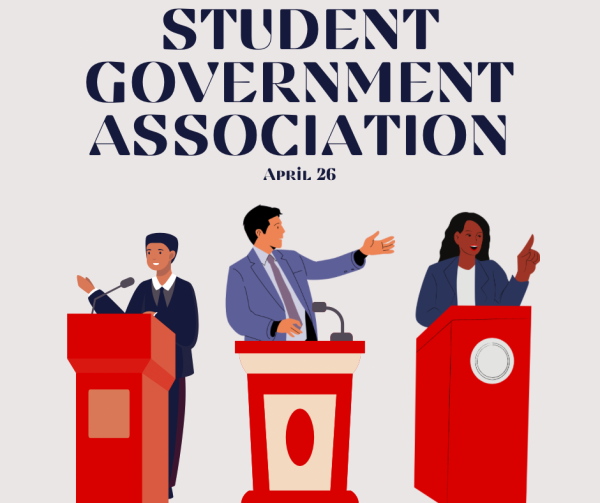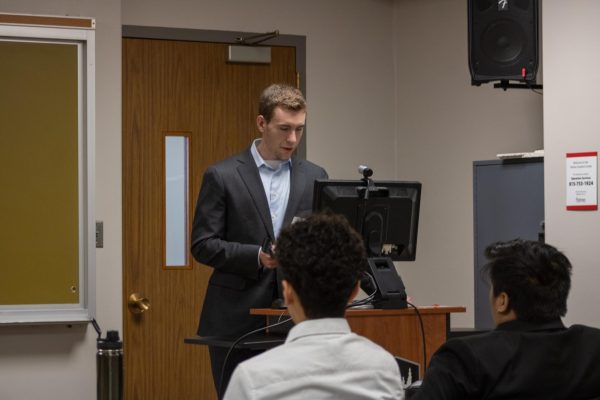Many young people receiving political news in different ways
October 13, 2008
If you’ve seen Tina Fey as Sarah Palin but not Sarah Palin as Sarah Palin, you’re not alone.
“More [students] have seen Tina Fey playing Sarah Palin than have seen Palin in the debates,” Associate Communication professor Ferald Bryan said.
Bryan spoke about the way college students get their political news and information in 2008. Many college students get it online and from comedy shows, experts and studies say.
“They will say, ‘Letterman made a joke about this, Colbert said this or that,'” Bryan said of his students. “They tell me, ‘Oh yeah, I saw that on YouTube.’ … Several of them do make references to the political blogs that they see.”
The popularity of Web sites, like YouTube, has changed the way young people get political news. Now instead of watching debates or speeches live, they can watch videos of those events whenever they want. One-third of 18-29 year-old Internet users watch online videos for political information, according to a Pew Internet and American Life Project study.
Jahan Rodriguez, a freshman pre-communication major, gets his political news from the Internet. He gets New York Times articles sent to his phone and looks at the Yahoo home page when checking his e-mail. He also gets this type of news from e-mails – even ones he didn’t sign up for.
“I was originally a Hillary supporter,” he said. “I got these e-mails from the Hillary camp. Now I get them from the Obama camp. Since she’s trying to get her supporters to support Obama, they kind of just naturally flipped them over.”
Sophomore nursing major Mike Millare gets his intake of political news from the Yahoo home page and CNN.
“I think a lot of people get it from the Internet just because it’s so available,” he said, a sentiment echoed by Bryan, who said students get their political news from wherever it’s most convenient.
Matthew Streb, associate professor of political science, is among those who say college students aren’t seeking out enough political news.
“College students use the Internet, yes, but the average student is not reading political news,” he said. “They are getting sports scores, entertainment news or catching up with friends on Facebook.”
In 2008, 50 percent of 18-29 year-olds look online for political and campaign news compared to 36 percent in 2004, the Pew study found. Bryan has noticed a similar increase at NIU.
“They’re more motivated to seek out the information,” he said of NIU students in 2008. “Four years ago, I was surprised – there was some interest – there just did not seem to be that level of involvement.”













